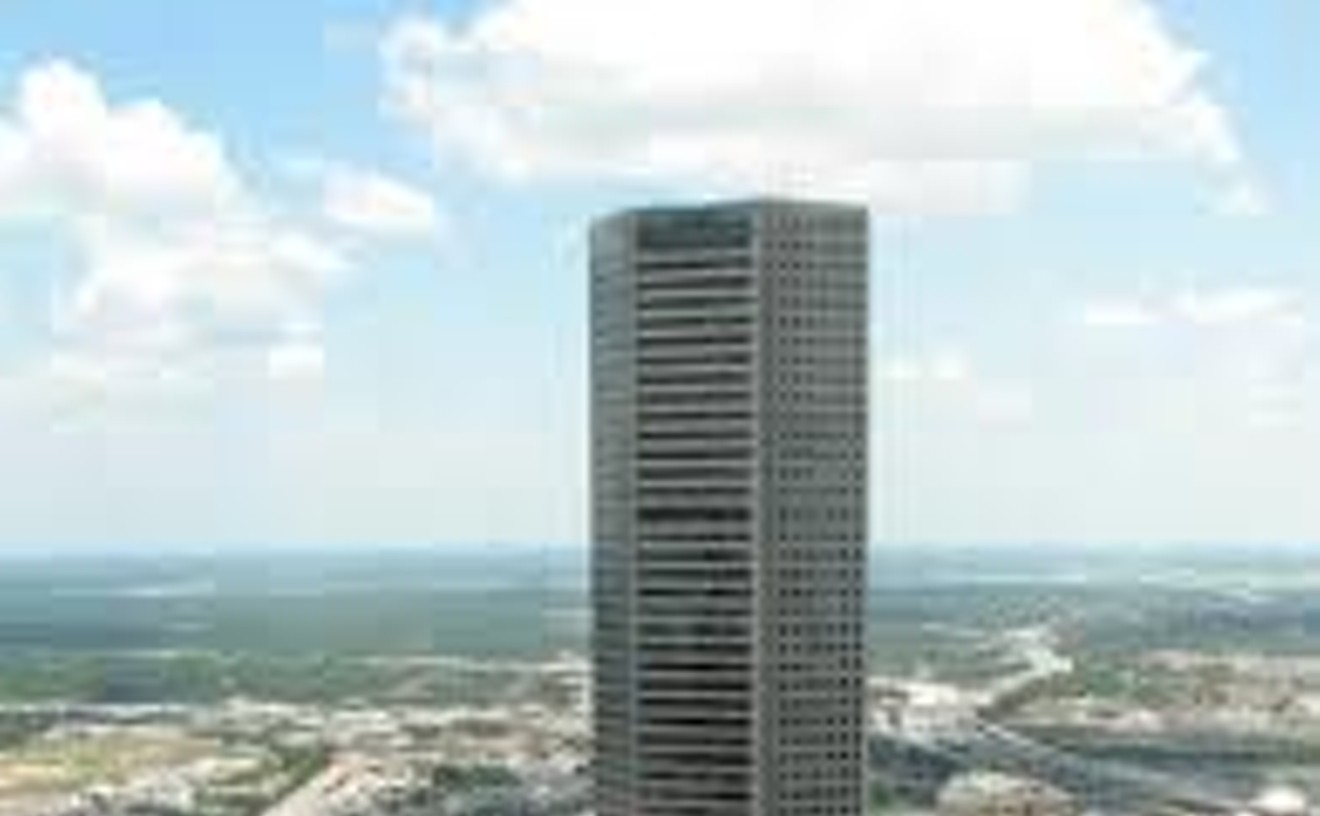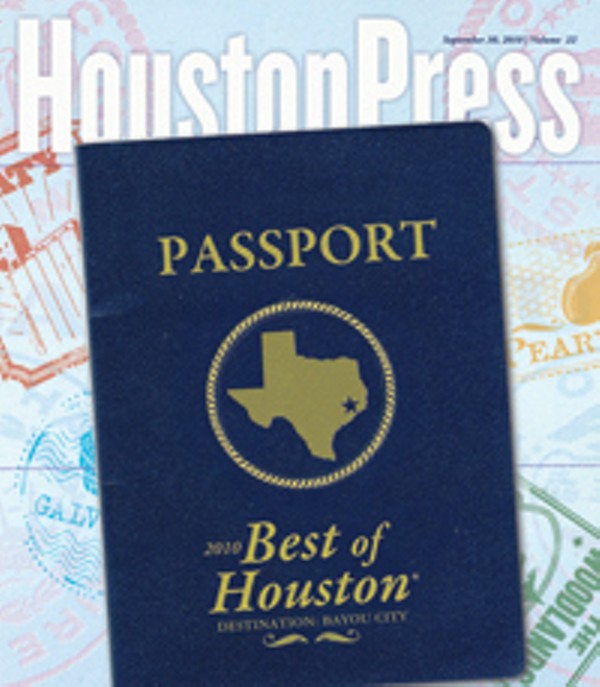By John Nova Lomax
In defending Houston's good name, after acknowledging that our climate, terrain, architecture and history are nothing special, sometimes exasperated lovers of Houston simply throw their hands in the air and say something like, "It's the people. The people make Houston great." That grand vague statement is personified in part by Martha Sobhani — one of the hordes of people here who came to Houston by chance, and who in their thousands have made this such a fascinating place to be.
Sobhani almost never sees a happy customer come in to the office of her deep Montrose garage. Sobhani's business is Atlas Auto Glass and Paint and Body. Most of her customers fall into two categories: accidents and break-ins. Both are among the suckiest occurrences of modern-day urban living, and customers who come in are often outraged or depressed. But nine times out of ten, they walk out of her windowless, though fresh-flower-brightened, office feeling renewed, even happy to be alive.
"I try to bring perspective," says Sobhani in a sing-song accent. A native of Tehran, Farsi was her first language. "This is not the worst thing in the world. Let's face it. We are having it good in this country. If you are having a car and working, you are lucky. There are billions of people on the planet not as lucky."
Sobhani has lived and worked on four continents, so she knows whereof she speaks. As a young woman, she found herself an exile. Growing up as a member of the minority Baha'i faith in the Shah's Iran was bad enough, she recalls, but when the Ayatollah took over, her co-religionists were practically hunted for sport. Luckily for her, by the time the Iranian Revolution was complete in the late seventies, she had already escaped to Madagascar, where she worked with Baha'i youth and met the man she would marry and have two (now-grown) children with. Before coming to America in 1984, she also spent some time working in France.
None of those places hold a candle to America, she says. "Every day I wake up thanking God that I am in this country. My daughter says, 'You know, Mommy, I don't know any American as patriotic as you are.'" Sobhani thinks her daughter, like many native-born Americans, takes things for granted. "I am not saying there are no problems — yes, there is racism and sexism, all those things exist — but I still believe that this is the best the world can offer," Sobhani says.
And while many business owners claim to treat their customers like family, Sobhani really does. "I really believe that only good customers come to my shop. Second, those people could be my son, my daughter, my mother or father, and I would like to treat them that way. When you see them as people and not customers, it becomes something more than just changing their windshield glass. You want to do your best. I am not sure I always achieve that, but I really do try."
It could be that people want her to succeed simply because they like her. It is hard not to practically fall (platonically) in love as she steers you out of your funk. We wondered how her job didn't drag her down — how hearing the same stories day in and day out, seeing the same good people victimized by criminals or fate over and over again didn't wear on her.
On the one hand, she says, there are plenty of interesting cases to break that dreary litany. She remembers one man bringing in a truck in which every pane of glass had been shattered. He told Sobhani his girlfriend had done it. Sobhani asked him if he was all right. "I'm fine," answered the man. "My wife's pretty mad, though."
"I could write a book," she says. (Or be the subject of a reality show, we might add.)



